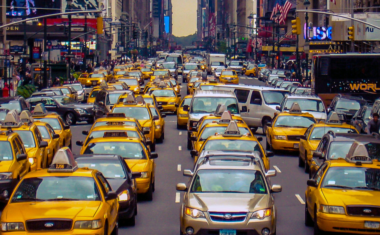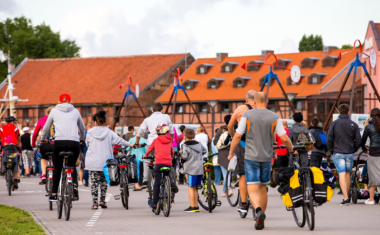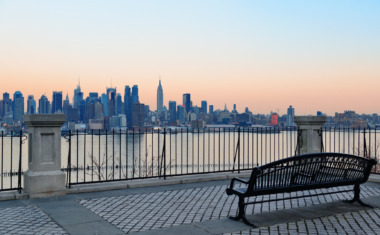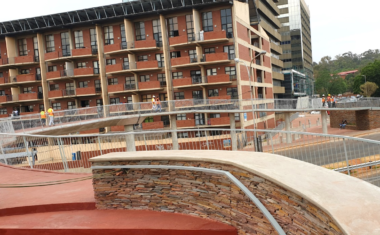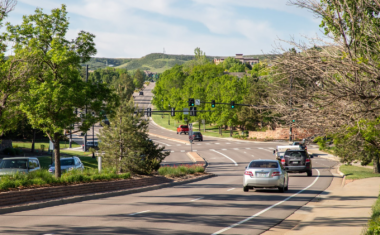20mph Speed Limits
- 6 min to read
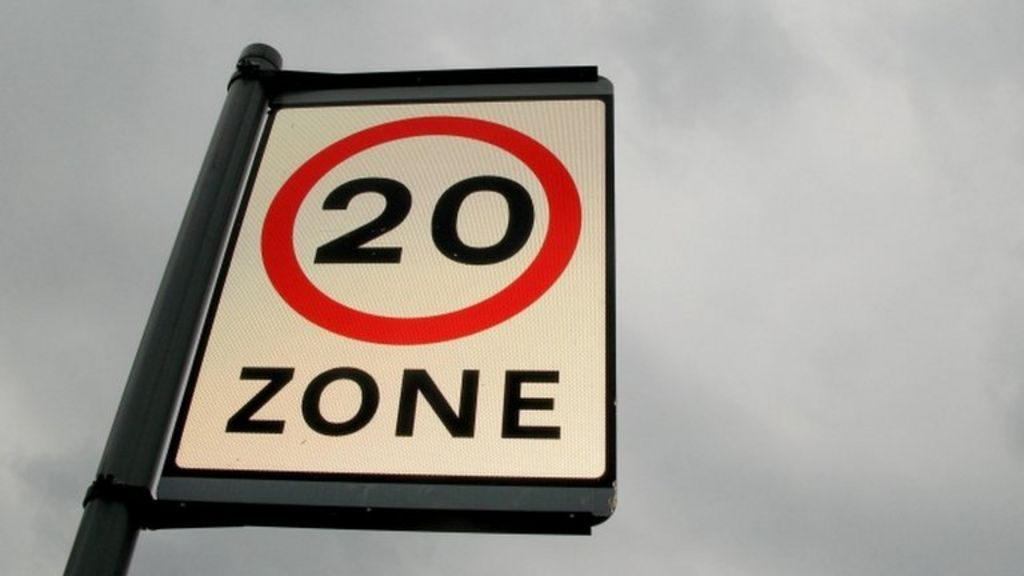
Birmingham, UK
About the city. During 2011 (before project implementation) there were 28 fatal, 395 serious and 2,089 slight injury accidents on the streets of Birmingham.
Goal
The main goal is to improve road safety and make streets more attractive to pedestrians and cyclists, in addition, ease congestion and reduce pollution.
Implementation period. The decision to install the project was taken in 2012 after early pilot projects in other parts of the country led to a reduction in serious accidents.
Fact
According to research, half of the people hit by a car at 30 mph will die, compared to just 10 per cent at the lower speed.
Solutions
The speed limit on some residential roads and in some local centres in Birmingham has changed to 20mph.
The speed limit on residential roads and in local centres in some parts of Birmingham has been reduced to 20mph.
Central Birmingham (area A1)
Area A1 covers Hockley, Bull Ring, Highgate and Ladywood and Lee Bank.
Central east Birmingham (area A2)
Area A2 covers Ward End, Saltley, Bordesley, Little Bromwich, Bordesley Green and Small Heath.
Central south Birmingham (area A3)
Area A3 covers Sparkbrook North, Sparkbrook South, Pickwick Park, Balsall Heath, Cannon Hill, Kings Heath, Moseley, Park Hill and Sparkhill.
Central south-west Birmingham (area B2)
Area B2 covers all of Bournbrook and Selly Park and parts of Edgbaston, Harborne, Weoley and Selly Oak, Bournville and Cotteridge, Stirchley and Balsall Heath West, Brandwood and Kings Heath. Work to install the necessary signs and lines to reduce the speed limit to 20mph is now complete. The new speed limit became live and enforceable in November 2018.
If a person drives a vehicle in the areas affected then they will see new road signs and markings showing that a 20mph limit is in place. They should not drive faster than 20mph in these areas.
20mph limits are mainly on residential streets, and in some selected locations on main roads.
New speed limits + community action + targeted enforcement = a safer city for everyone
The vast majority of main roads keep their existing 30mph or 40mph speed limits, so once drivers leave residential areas and join the main roads there should be no impact on journey times.
Fines
The punishments for those who speed in a 20 zone can vary:
- Those travelling in a 20 zone from 21mph to 30mph can expect a fine and three points.
- Those travelling from 31mph to 40mph are more likely to receive a larger fine and 4-6 points, or a 7 – 28 day driving ban.
- Those travelling in excess of 40mph will receive an even larger fine and are likely to be disqualified from driving for somewhere between 7 – 56 days (or possibly longer if they were travelling very much faster than this).
Team
Birmingham City Council.
Timeline
The number of streets under the project is increasing. Nowadays Birmingham City Council wants to introduce 20mph limits on 90 per cent of the city’s streets to ensure a post-coronavirus legacy for walking and cycling.
If you notice an error or inaccuracy in our editorials, please email [email protected] so we can look into it.

